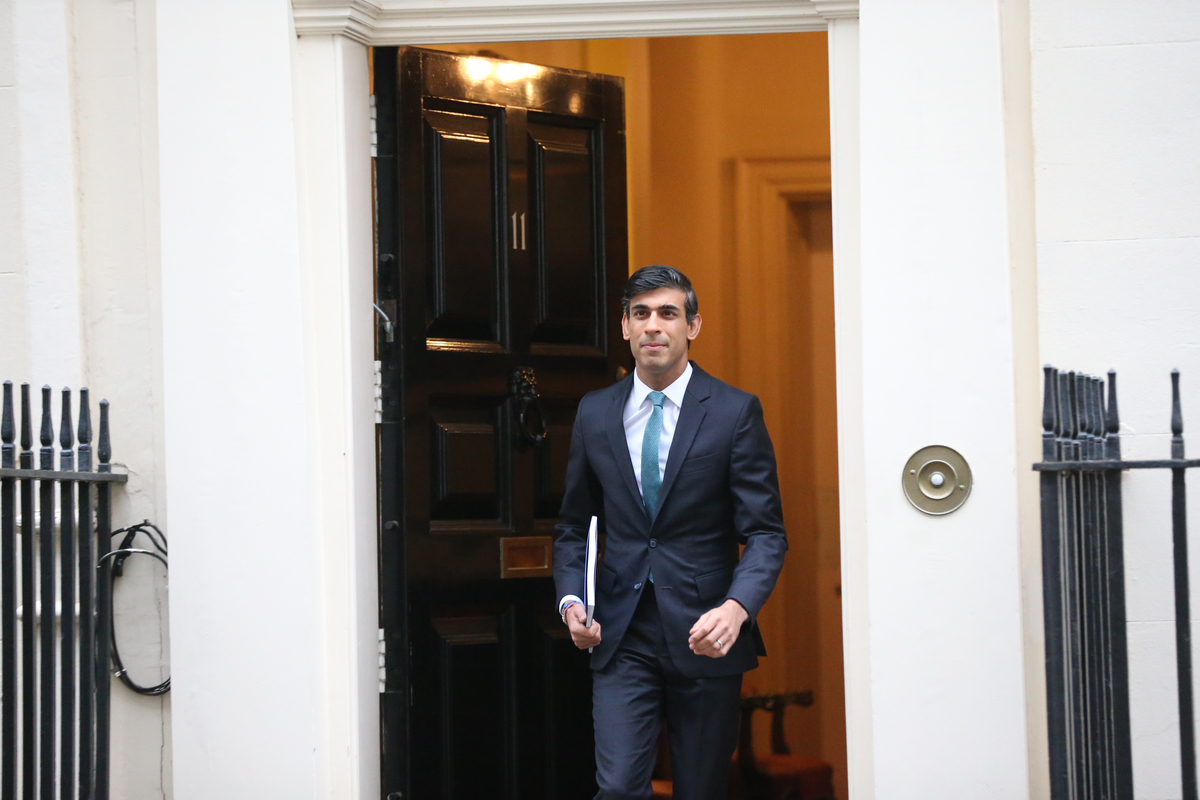Dear visitor,
You're reading 1 of your 3 free news articles this quarter
Register with us for free to get unlimited news, dedicated newsletters, and access to 5 exclusive Premium articles designed to help you stay in the know.
Join the UK's leading credit and lending community in less than 60 seconds.
Sunak considering VAT cut on energy bills
Chancellor Rishi Sunak is reportedly considering cutting the five percent rate VAT on energy bills in an effort to cut living expenses for families.

Senior Journalist, covering the Credit Strategy and Turnaround, Restructuring & Insolvency News brands.
First reported in the Financial Times, the move, which has been touted as a “Brexit dividend” because EU rules prevent VAT on domestic energy from being lower than five percent will be outlined in his Autumn Budget next week (27 October).
Driven by record gas prices in the UK, the energy price cap went up at the start of October. Those on a default tariff paying by direct debit saw a £139 increase, going from £1,138 to £1,277, while prepayment customers saw an increase of £153, going from £1,156 to £1,309.
Recent modelling from energy market analysis firm Cornwall Insight suggests this could continue to increase into next year, going up by 30% in the summer of 2022. If these predictions come to pass, this would see prices climb to approximately £1,660.
These record gas prices have also led to a number of energy companies going under, with four collapsing over the past week, the latest being Pure Planet, Colorado Energy, Daligas and GTO Energy. This brings the total number of suppliers to go out of business this year up to 16.
The chancellor’s five percent VAT cut on energy bills is designed to ease the squeeze on families. According to the City AM, one treasury official said: “It would tick two boxes - it reminds people the benefits of Brexit and shows you’re listening to people.”
This move will mean the exchequer would miss out on an estimated £1.5bn in extra taxation revenue. Sunak is also reportedly concerned that slashing VAT on energy bills could lead to calls for further cuts on VAT rates for other goods.
Think tank the Resolution Foundation has, however, called for “more targeted support”, instead of simple VAT cuts. It said this could come in the form of uprating the Warm Home Discount in line with rising bills or widening the eligibility for the Cold Weather Payment.
Stay up-to-date with the latest articles from the Credit Strategy team
Get the latest industry news






